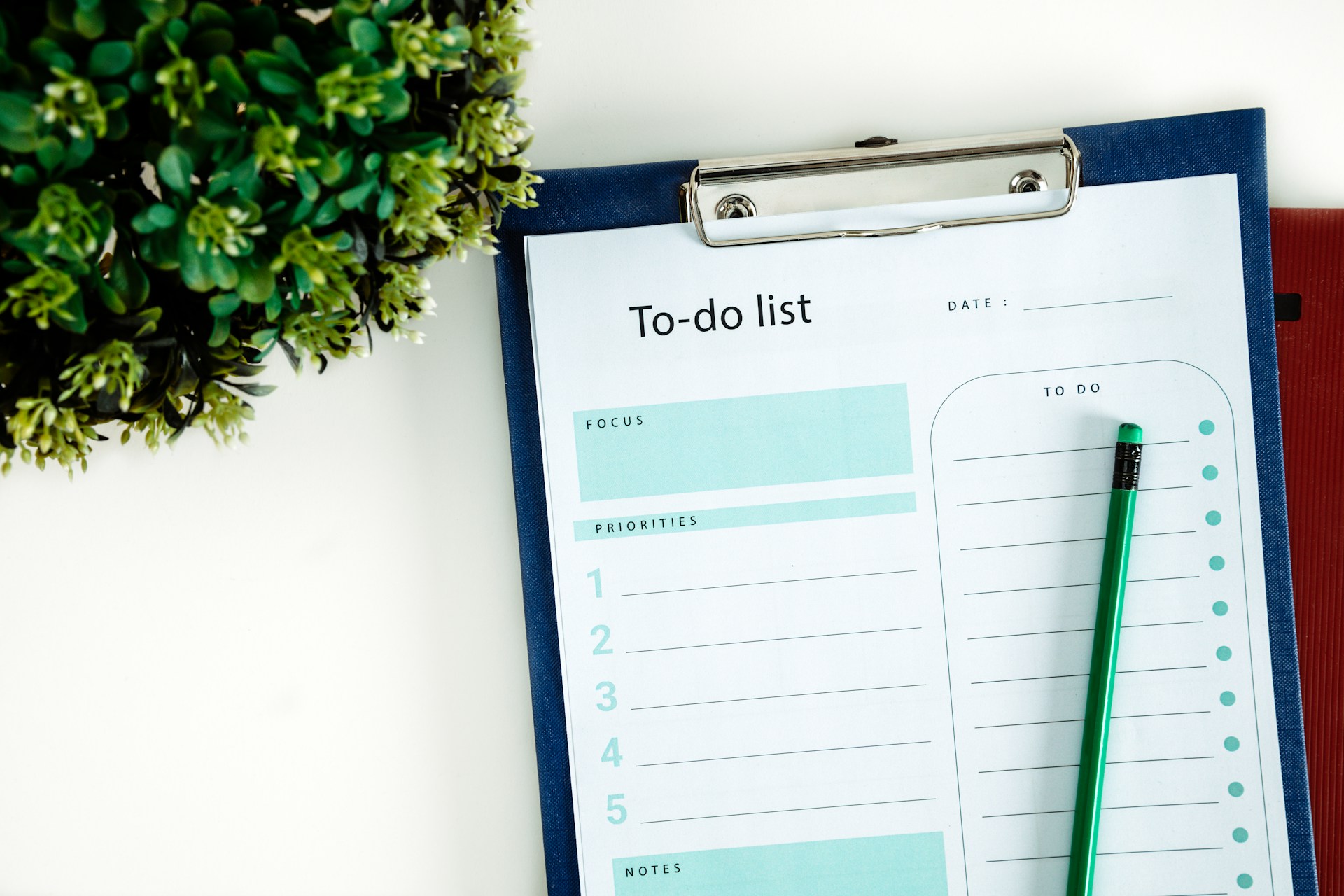Gaining weight during pregnancy is both a natural and normal part of the growth and development of your baby, but most women want to return to their pre-pregnancy weight as soon as they can after giving birth.
This can be an exceptionally challenging endeavor because breastfeeding, lack of sleep, and added stress can all contribute to your already out-of-control hormonal balances and significantly increase your appetite.
Today we will talk about strategies that can help you with postpartum weight loss while balancing physical changes and the time constraints of caring for your baby.
{{cta_button}}
Weight Gain During Pregnancy
According to the American College of Obstetricians and Gynecologists (ACOG), the amount of weight you gain while you are pregnant plays a large role in the woman’s health and the proper development of her baby. Not gaining enough weight and gaining too much weight can result in unhealthy birth weights and other complications.
A woman within a healthy weight range should gain between 25 and 35 pounds during her pregnancy; women who are overweight before they become pregnant should gain no more than 15 and 25 pounds; and obese women should only gain between 11 and 20 pounds.
How Much Weight Do You Lose Right After Giving Birth?
After you deliver your baby, you will most likely naturally lose between 10 and 15 pounds right away. This will include the weight of the baby, the placenta, amniotic fluid, and some water weight, but you still may appear to have a baby bump.
The Cleveland Clinic reports that it takes about six weeks for the uterus to return to its pre-pregnancy size after you give birth. As your uterus shrinks, it also becomes lighter; right after delivery, your uterus can weigh as much as 1000 grams (a little over 2 pounds) and a week later, 500 grams, until it reaches its usual weight of between 50 and 100 grams. Many women are discouraged that they still have a protruding abdomen for almost two months after having their baby because it can make them look heavier than they are.
How Long Does It Take To Return To Your Pre-Pregnancy Weight?
While you will lose up to about 10 pounds very fast after giving birth, the time it will take you to reach a healthy weight can vary and may take a year or more, and will depend on things such as:
- How much weight you gained;
- Your body type;
- The speed of your metabolism;
- Your diet;
- How much exercise you get;
- If you are breastfeeding;
- Your level of stress;
- The level of support you have at your disposal;
- Whether this is your first pregnancy, second, or more, losing postpartum weight becomes increasingly difficult with each one.
Everyone is different, and weight loss is complex, so it is hard to give an average postpartum weight loss timeline. In fact, when comparing your own experience with multiple pregnancies, the results can be vastly different.
What Makes Postpartum Weight Loss So Difficult?
If you have recently given birth and are wondering, “Why can’t I lose weight after having a baby?” You are not alone! Many women find it very hard to reach a healthy weight after being pregnant. Especially for women who have had more than one pregnancy with little time in between.
First, it is not unusual for a woman to gain more weight during their second pregnancy, and if they didn’t get back to their pre-baby weight after the first pregnancy, then they start out their next pregnancy already being heavier.
Also, as you get older, your metabolism slows down, making it harder for you to create a calorie deficit.
Having more kids to care for increases the demands on your time, leaving little time for workouts or time to manage healthy meals, which makes postpartum weight loss even more challenging.
Breastfeeding can help or hinder your weight loss efforts and can depend on your genetic makeup, your diet, and how much physical activity you are able to engage in. When you are breastfeeding, your level of the hormone prolactin skyrockets and the level of the hormone adiponectin greatly decreases. This can work against you because the hormone prolactin is vital for milk production, but it substantially increases your appetite, and adiponectin helps break down stored fat. The good news is that your body burns about 500 extra calories a day while it is producing breast milk, so if you are eating healthy and getting exercise, it may help you lose weight faster.
{{cta_small}}
What Is The Quickest Way To Lose Weight After Having A Baby?
Taking good care of yourself will help you recover after delivering your baby as well as aid in your weight loss efforts. Many people do not understand how much the lack of self-care contributes to weight gain. Things like taking time to destress, staying hydrated, and getting a good night's sleep can make a world of difference to help you drop those postpartum pounds.
Tips for Healthy Postpartum Weight Loss
Give Yourself Some Grace
Your body needs time to recover after childbirth, and you should wait until after your six-week postpartum checkup before starting any routine exercise or . If you had a C-section or any complications, you might need to wait a little longer.
Be patient with your progress; your body has just been through an ordeal and needs time to reset. It took nine months to get to where you are now, and postpartum weight loss is a gradual process. Don’t be too hard on yourself if you have setbacks; if you continue forward and are consistent you will reach your goals.
Nourish Your Body
Make sure you are eating a healthy balance of nutrient-rich foods Including plenty of fruits, vegetables, whole grains, and lean proteins in your diet. Avoid processed foods and foods and beverages full of sugar. Eat slowly and pay attention to your portions to avoid overeating. Make sure you are drinking plenty of water, especially if you are breastfeeding because you will need it for your milk supply and it can also help curb your appetite.
Engage In Regular Physical Activity
Make sure to schedule time to get some exercise, even if you have to break it up during the day to accommodate your baby’s schedule. Begin with gentle exercises like walking or postnatal yoga and gradually increase the intensity and duration of your workouts as you feel more comfortable. Make sure to include some strength training to help build muscle and boost your metabolism.
Get Enough Sleep
Sleep is one of the most underrated but essential contributors to weight loss and your health in general, but it can be hard to attain with a newborn. Lack of sleep can increase cravings for unhealthy foods and make it harder to lose weight. Try to catch naps when your baby is sleeping and ask for help from family and friends.
Get The Support You Need
Connecting with other new moms can often be a great place to find motivation and support. You may find a walking group that all take their babies out in strollers to a local park a few times a week or can swap out child care for each other so you can hit the gym for an hour for a spin class, etc.
Finding a dietician or personal trainer to work with who specializes in postpartum care may help by providing personalized advice and support.
Postpartum weight loss takes time, consistency, and patience, but by focusing on self-care that includes a healthy diet, regular exercise, sleep, and more, you can achieve your postpartum weight loss goals.
Batash Endoscopic Weight Loss Center in NYC can help you achieve sustainable weight loss and learn how to live a healthy lifestyle. Our dedicated and knowledgeable team of doctors and professionals offer the latest in endoscopic weight loss, dietary and nutritional guidance, and more. Set up a consultation today and learn more about how to reach and maintain a healthy weight and improve your health.
{{cta_button}}








